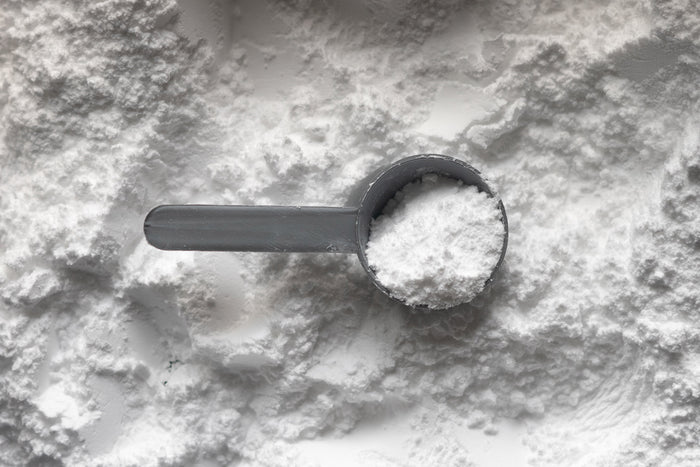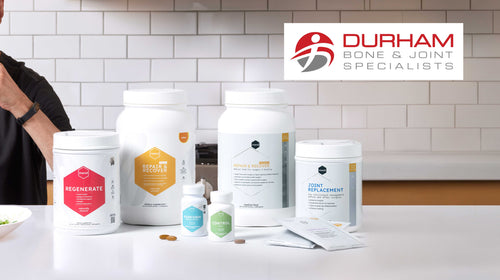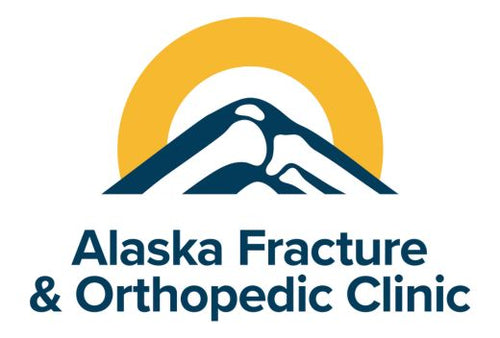What is Glumaine?
Glutamine (GLN) is one of twenty amino acids the human body uses for a variety of purposes. Unlike most amino acids, and other nutrients, glutamine’s importance in our diet fluctuates. Likewise, our nutritional goals should reflect this fluctuating need. Which is why glutamine has become a popular dietary supplement, so it can be added to a healthy diet when our bodies require more of it.
Also known as L-glutamine, this amino acid has one major quirk when it comes to human nutrition. It doesn’t fit neatly into the essential/nonessential categories of amino acids. Nonessential amino acids are the amino acids our bodies can synthesize; essential amino acids are the ones we cannot synthesize and must be consumed in our diet. Instead, glutamine is considered conditionally essential because stress and injury can lead to our body needing more than it can synthesize[1].
How Our Bodies Use Glutamine
Our bodies can keep up with our glutamine demand when we are not recovering from heavy exercise, injury, or surgery. In fact, it is the most abundant amino acid in our body[1]. Like all other amino acids, glutamine is used to build protein and is important to building and maintaining healthy muscles. However, since glutamine is normally so readily available, our bodies rely on it for a number of other roles[2]:
- A storage system for nitrogen.
- A building block for proteins.
- A key component in making other important biochemicals including glucose.
- An energy source and activator of immune cells.
As long as the body isn’t recovering from injury, it will have enough glutamine for all of these functions.
Unfortunately, the human body cannot always keep up with the demand for glutamine. Physical recovery from injury and trauma requires new tissue regeneration. This healing process uses up our glutamine stores to provide the nitrogen, amino acids, and energy necessary to rebuild. During periods of stress from injury, glutamine becomes essential[3].
How does Glutamine Supplementation Aid Recovery?

SIRS-Systemic Inflammatory Response Syndrome; GLN-glutamine; BCAA- branched chain amino acids; AA-amino acids
Without consuming more glutamine, the normally available levels of glutamine will begin to run out, making the human body less effective at healing itself[3]. Here are the ways glutamine supplementation has been shown to aid the healing process.
As glutamine is used up during recovery, our bodies scavenge it from other areas of the body. Muscles offer a key resource for glutamine, which is why muscle loss often follows major surgery. By adding glutamine to their diet, patients are able to limit this muscle loss[2].
Glutamine supplements have also been shown to decrease recovery time[4]. By consuming glutamine, patients have been shown to recover faster and experience fewer negative outcomes of surgery.
Finally, glutamine can provide a much needed boost to the immune system during recovery. One of the major risks of surgery is that it opens up the body to infection. By increasing the intake of glutamine, patients have been shown to improve their immune system and decrease the chances of infection[5].
How to Obtain Glutamine in Your Diet.
When your body is recovering from strenuous exercise, trauma, or surgery, it is important to provide it with the glutamine it requires by adjusting your diet. Glutamine is naturally found in high protein food such as beef, chicken, fish, and beans.
At MEND, our focus is on providing nutritional supplements that aid in the body’s natural healing and recovery process. We include glutamine in all our MEND products (Orthopedic, Joint Replacement, Cosmetic, and Regenerate) to allow for an easy supplement of the amino acid when your body needs it most.
Sources:
- Glutamine and wound healing
- Therapeutic Considerations of L-Glutamine: A Review of the Literature
- The Effect of Glutamine Supplementation in Patients Following Elective Surgery and Accidental Injury
- Time to wound closure in trauma patients with disorders in wound healing is shortened by supplements containing antioxidant micronutrients and glutamine: A PRCT
- Glutamine-Enriched Enteral Nutrition Increases HLA-DR Expression on Monocytes of Trauma Patients
- Branched Chain Amino Acids in Health and Disease: metabolism, alterations in blood plasma and as Supplements



